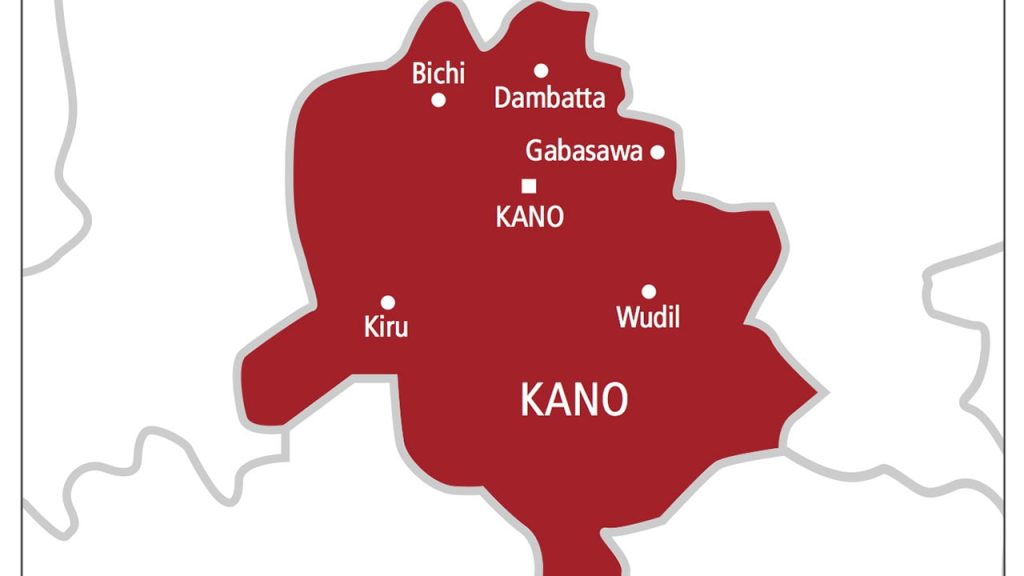A recent social media debate in Rwanda has ignited discussions about the accessibility of contraceptives for adolescents without parental consent, prompted by a post from a government minister questioning the need to address the country’s high rate of teenage pregnancies through contraception.
While Rwanda’s laws grant individuals the right to reproductive health services and information, those under 18 require parental consent to access such services. Nevertheless, the country continues to grapple with tens of thousands of adolescent pregnancies annually, despite efforts to provide young people with the knowledge and services needed for a healthy life.
Teenage pregnancies pose significant risks, with adolescent mothers facing higher maternal mortality rates compared to older mothers. The World Health Organization reports that pregnancy-related complications remain a leading cause of death for teens globally and in Africa.
These pregnancies also have far-reaching effects, including school dropout, parental rejection, and increased likelihood of chronic poverty for teenage mothers and their children. The situation calls for holistic solutions, as no single approach can fully address the crisis.
Considering alternative solutions, such as providing reproductive health services to adolescents, is crucial. Although a 2022 parliamentary bill proposing contraception services for adolescents as young as 15 was rejected due to cultural and religious considerations, the pressing issue of teenage pregnancies necessitates serious consideration of such measures before it’s too late.
It is essential to critically evaluate and learn from other countries’ experiences in implementing similar practices, tailored to Rwanda’s context. Relying solely on cultural and religious beliefs will not alleviate the challenges faced by teenage girls dealing with unwanted pregnancies.



